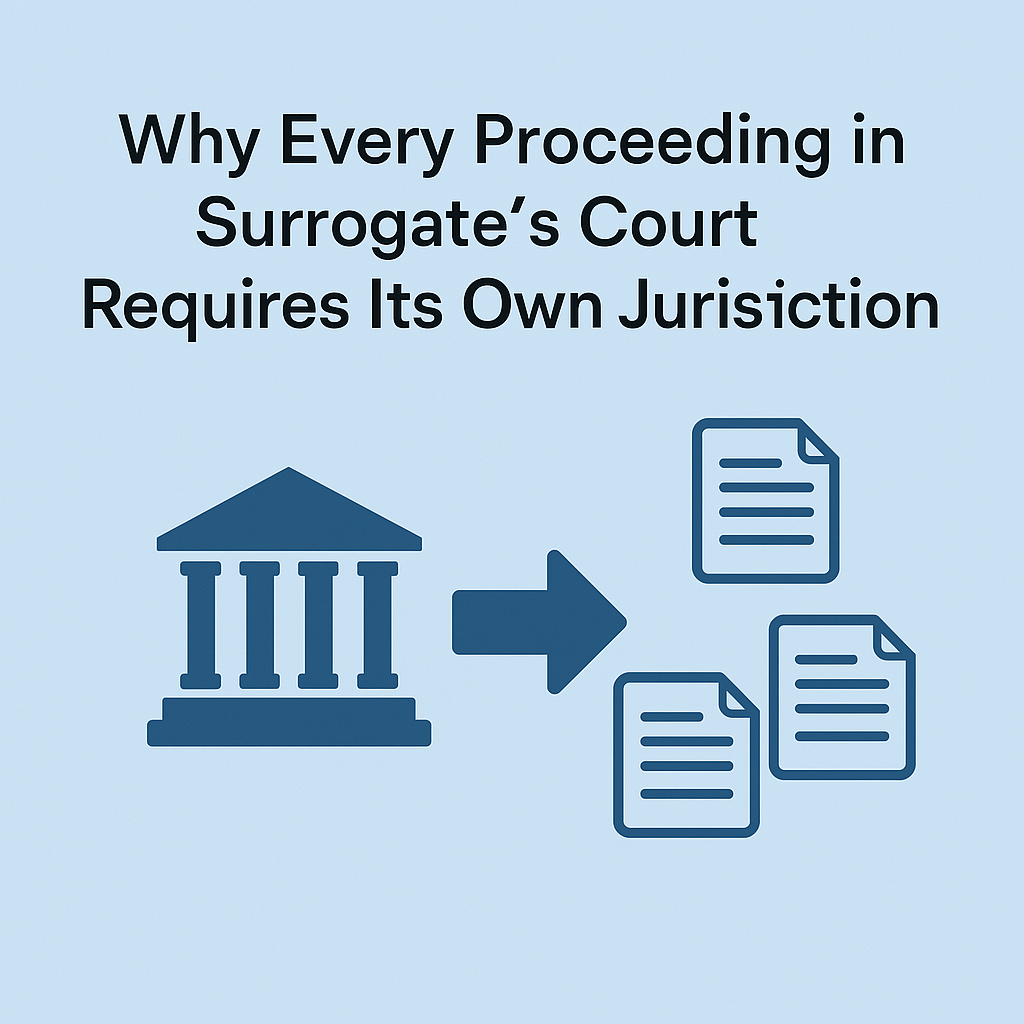In New York, specifically devised property vests immediately upon the testator's death. Lawyers debate whether the executor of the will should record an executor's deed to memorialize the change of ownership.
Although using an executor's deed to memorialize a specific devise is a practice that is widely used by New York lawyers, it is unfortunate because it is contrary to the law. An executor has no power over real estate that is specifically devised in a will, unless the executor needs to sell the property to satisfy the decedent's debts.
If using an executor's deed to memorialize a specific devise is contrary to the law, then why do so many lawyers do it? The short answer: They don't know of a better way to record a document that shows the change of ownership. But the good news is that there is a better way!
In a Lawline (affiliate link) continuing legal education (CLE) lecture, Daniel Reiter, a lawyer in New York, suggested a solution that I (and some other lawyers) had not heard before: (1) Probate the will, and (2) record a confirmatory deed, rather than an executor's deed.
As a service to trusts & estate and real estate lawyers in New York, Lawline (affiliate link) generously gave me permission to create an excerpt from Daniel's CLE and share it with you:
There is so much to discuss – from basic will concepts (such as a specific devise v. a residuary transfer) to complex ones (such as using a confirmatory deed, instead of an executor's deed, to memorialize a specific devise). We will unpack the concepts mentioned in this video excerpt in other posts on this site.
- Estate Administration
- Estate of Confusion in New York
- Fiduciaries
- Immediate Vesting of Title
- Lawline
- New York
- Probate
- Real Estate
- Title
- Wills
Hani Sarji
New York lawyer who cares about people, is fascinated by technology, and is writing his next book, Estate of Confusion: New York.





Leave a Comment